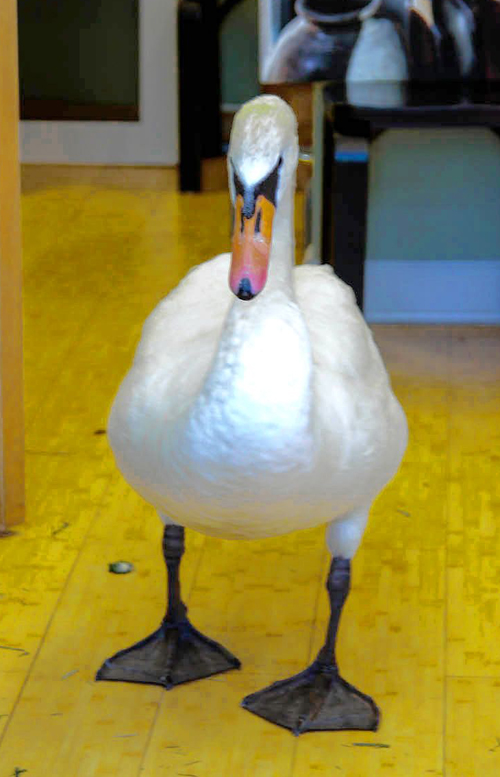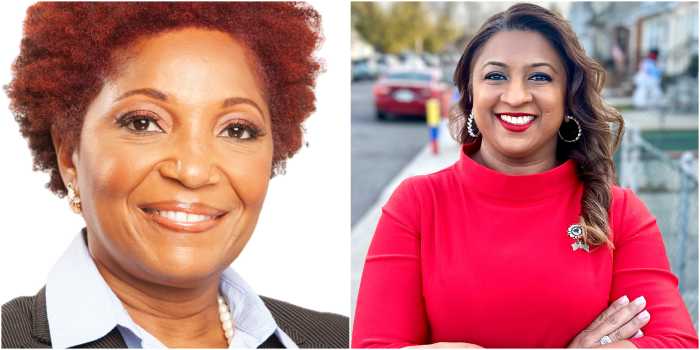Sheepshead Bay’s swan enthusiasts can save their beloved birds — but it’ll cost them.
More than a year after the Department of Environmental Conservation announced its plan to exterminate all of the state’s mute swans, and local lawmakers cried foul, the department unveiled a new mute swan management plan this month, which would spare the birds from certain death — but only if individuals or local governments foot the bill to care for them in captivity at licensed facilities.
Pro-swan activists say this ransom demand is simply passing the buck.
“I think the DEC is trying to shift the burden of wildlife management to local municipalities and that is offensive,” said David Karopkin, the founder of GooseWatch NYC, which agitates to save large birds from state execution and has launched an online petition to halt the eradication plan. “The idea that the only acceptable mute swan in New York State is one that lives in a zoo-like condition is not one that sits well with me.”
The department said that its new plan will keep 800 birds alive in the wild — out of a total of more than 2,000 birds in New York City, Long Island, and three surrounding counties. The rest will be destroyed, according to the department, but it would allow individuals or towns, villages, and other municipalities save them by taking on the burden of maintaining the birds in licensed facilities.
“Because many people object to the use of lethal control methods, especially killing adult birds, DEC will use ‘non-lethal’ methods … where practical and timely, to achieve the management objectives,” the plan states. “[T]his will require some commitment of funding and assistance from organizations and individuals who wish to see non-lethal options used to the extent possible. Placement and proper care of swans … can be costly to local governments or communities, but if people who enjoy seeing mute swans are willing to support such programs, DEC will cooperate with those efforts.”
Last year, the department announced it planned to kill all mute swans in the state by 2025 because the birds were an invasive species. It said the birds displaced native wildlife species, destroyed aquatic vegetation, damaged water quality, posed a threat to aviation, and had the potential to attack residents.
The plan prompted Assemblyman Steven Cymbrowitz (D–Sheepshead Bay) to buy time for the bay’s beloved birds with a bill requiring a two-year moratorium on the plan. The bill passed the Assembly and the Senate but was vetoed by the governor. Cymbrowitz reintroduced the bill in February.
The president of the Regal Swan Foundation said the department doesn’t actually expect municipalities to raise enough money to save the birds — instead, she said, the ultimatum is the department’s way of shifting the guilt onto individuals and local governments when the department kills the birds and blames it on those who couldn’t afford to keep them.
“This is nothing more than a bait and switch program,” said Sheila Bolin, adding that the mute swans are not aggressive and should be able to live freely in the wild. “It needs to stop — there is no scientific reason for it.”
The Department of Environmental Conservation is accepting comments on its swan management plan through April 24. Write to NYSDEC Bureau of Wildlife, Swan Management Plan, 625 Broadway, Albany, NY 12233-4754 or send an e-mail to wildlife@dec.ny.gov with the subject “Swan Plan.”

























